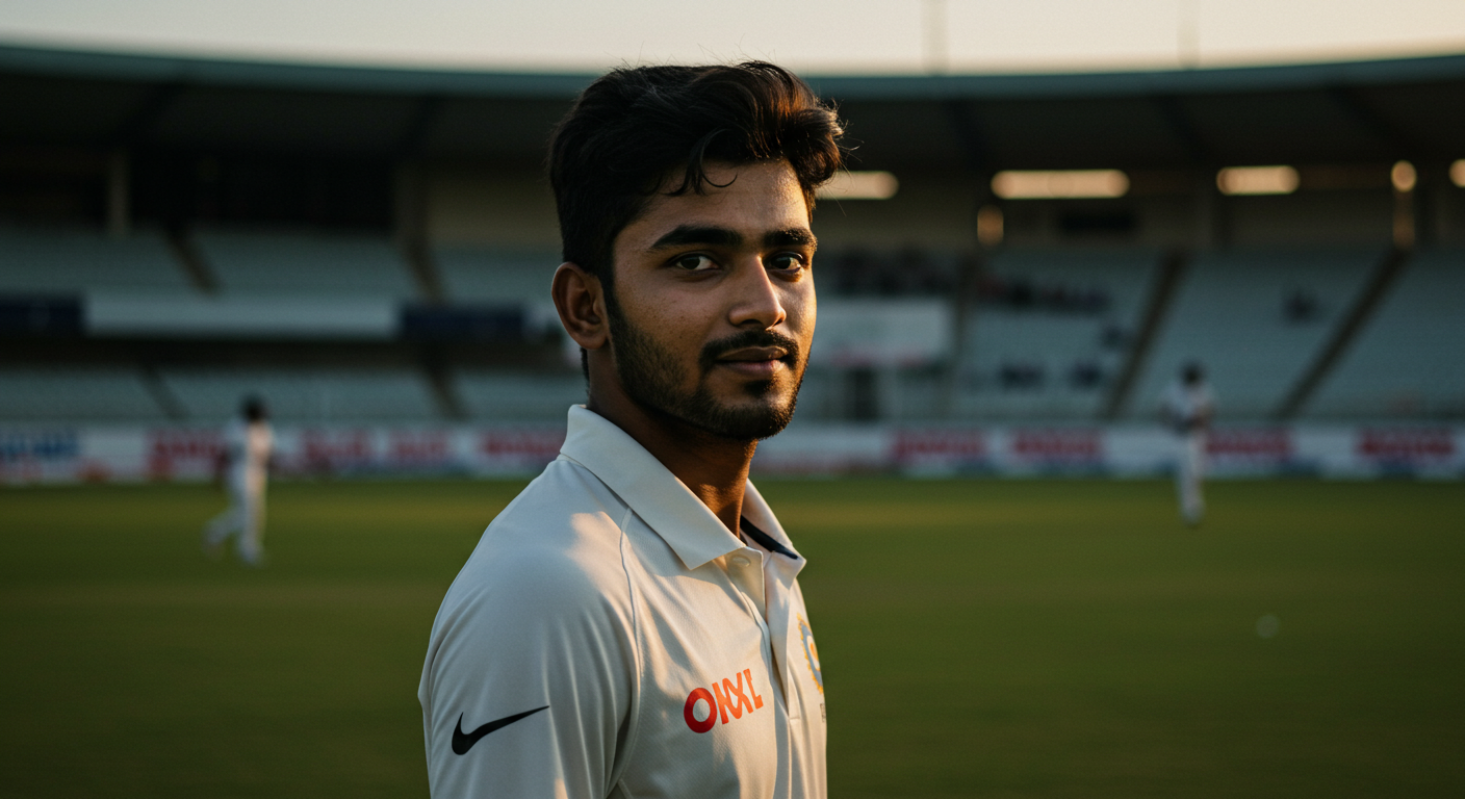
Shubman Gill’s Elegance and the Weight of Big Expectations
Shubman Gill walks to the crease like he’s not in a rush. That, in itself, is unusual in modern cricket — especially for a top-order batter in a game obsessed with urgency. But Gill doesn’t chase tempo. He creates it. With a still head, a soft trigger, and a bat swing that whispers more than it roars.
From the first time India saw him — during the 2018 Under-19 World Cup — it was clear: this wasn’t just another prospect. Gill had time. Not in the sense of having a long career ahead (though he likely does), but in that rare, elite-batter sense — the ball seemed to arrive slower for him than it did for others.
But elegance comes with its own burden. Every punch through cover invites comparison. Every fluent 30 draws sighs when it doesn’t become 130. Gill has been called the next Kohli, the heir to Tendulkar, and even the Indian Babar Azam — often all in the same week.
He hasn’t invited the weight. It was handed to him. By selectors, by fans, by timing. And yet, somehow, he hasn’t crumbled. He’s not chasing noise. He’s chasing something subtler: consistency, growth, and the quiet art of staying in.
The Test Debut That Didn’t Feel Like One
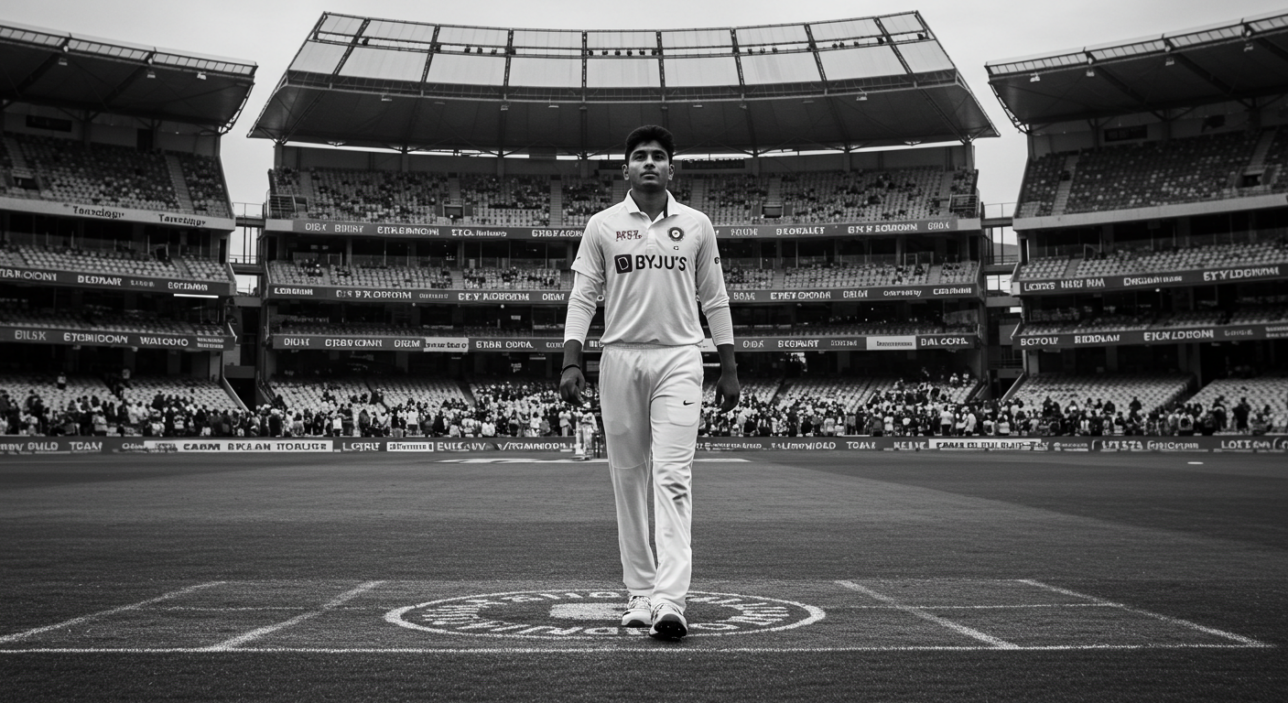
When Shubman Gill debuted in Test cricket at the MCG in 2020, he looked like he’d been playing forever. Not because of swagger — but because of simplicity. No nerves in the footwork. No panic in defence. Just fluency in motion.
In that series against Australia, most 21-year-olds would’ve played for survival. Gill played to win. His 91 at the Gabba in the decider wasn’t just match-turning — it was tone-setting. The shots he played off Pat Cummins and Josh Hazlewood weren’t improvised. They were rehearsed in his head long before they left his bat.
He wasn’t daunted by reputation. He wasn’t held back by what the pitch was supposed to do. And he didn’t flinch when India were under pressure.
But after that series, the spotlight narrowed. Every low score was magnified. Every dismissal parsed for weakness. There were lean runs, a few drops, a rotation out of the XI. And still, Gill didn’t flinch. He tweaked. He listened. He waited.
For a generation raised on instant returns, Gill is different. He’s patient — dangerously so. Because when he gets it right, the results look less like effort and more like poetry.
White-Ball Clarity in a Chaotic Format
Shubman Gill’s ODI rise didn’t feel like a breakout — it felt like a confirmation. Like something that had been waiting in the background, quietly collecting rhythm. When the opportunity came, he didn’t explode — he unfolded.
By 2023, Gill had become India’s most fluent ODI opener. Not the most explosive. Not the most animated. But the most balanced. He scored a double century in Hyderabad — 208 off 149 balls — not by slogging, but by pressing softly at first, then accelerating like it was second nature.
He doesn’t rely on innovation. You won’t see scoops or reverse ramps. Gill plays a white-ball game rooted in timing and geometry — finding gaps, exploiting angles, and building an innings layer by layer.
And it works. Not because it’s flashy, but because it’s repeatable. He doesn’t chase moments. He stacks them.
In a side full of loud white-ball personalities, Gill is a quiet certainty. When he’s at the crease, the chaos slows down. The plan feels clearer. And while others might be louder, few are as technically complete, especially under pressure.
The T20 Question: Where Does Stillness Fit in a Storm?
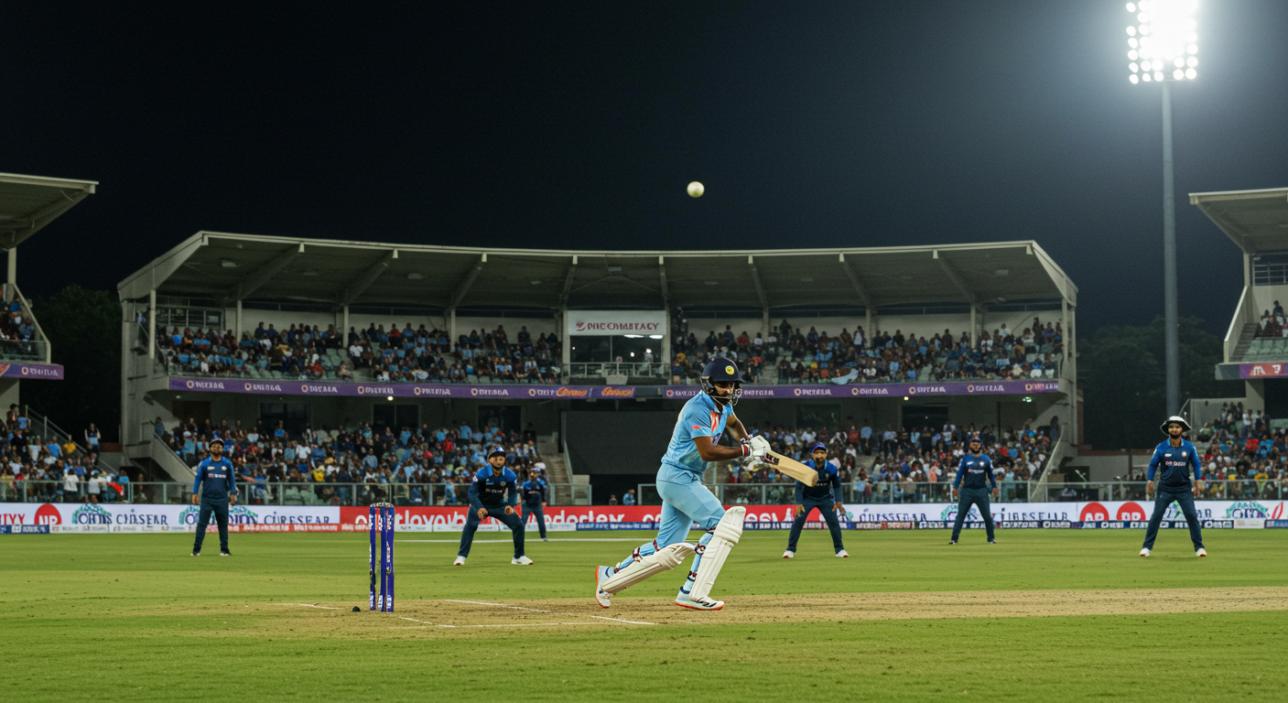
If Gill has a format that still feels like a question mark, it’s T20s. Not because he can’t play it — he’s scored hundreds in the IPL, opened for India, and produced sparks. But because the format rushes you, and Gill doesn’t rush.
In a world that wants answers in 12 balls, Gill is still a man of innings. He likes to settle. To feel the pitch. To wait for his zone. In T20s, that can be a blessing — or a burden.
There have been innings where he’s dominated, especially when he gets through the first ten balls. The bat flow remains gorgeous. The lofted drives remain carved, not bludgeoned. But the question still lingers: can that style, that tempo, survive a format that punishes hesitation?
So far, Gill’s answer has been subtle. He’s adapted — not by trying to be someone else, but by expanding his scoring zones, playing straighter, and being selective about risk.
He may never be a power-hitter in the conventional sense. But Gill’s T20 journey isn’t about brute force. It’s about proving that timing, touch, and placement can still dominate in a format that often forgets them.
IPL Stardom Without the Noise
The IPL has a way of defining cricketers. For some, it inflates potential. For others, it exposes it. In Shubman Gill’s case, it’s done both — depending on who you ask.
At Kolkata Knight Riders, he showed flashes. Smooth cover drives. Composed chases. But he often looked like a Ferrari driving in second gear — elegant, yes, but somehow underused. The shift to Gujarat Titans changed that.
Under a clearer role, Gill opened up. The timing never left, but the intent sharpened. In IPL 2023, he was immense: three centuries, including one in the playoffs, finishing the season with over 800 runs. That wasn’t a breakout. That was a claim. A calm, calculated statement of supremacy.
And yet, he remained understated. No chest-thumping. No drama. Just bat in hand, head down, job done. He isn’t trying to be the league’s poster boy. But with numbers like that, it may not be his choice.
Shubman Gill doesn’t manufacture drama. He manufactures moments. And the IPL, which often rewards noise, has found in him a player who can lead the show without ever trying to steal it.
Captaincy Whispers and the Weight of Comparison
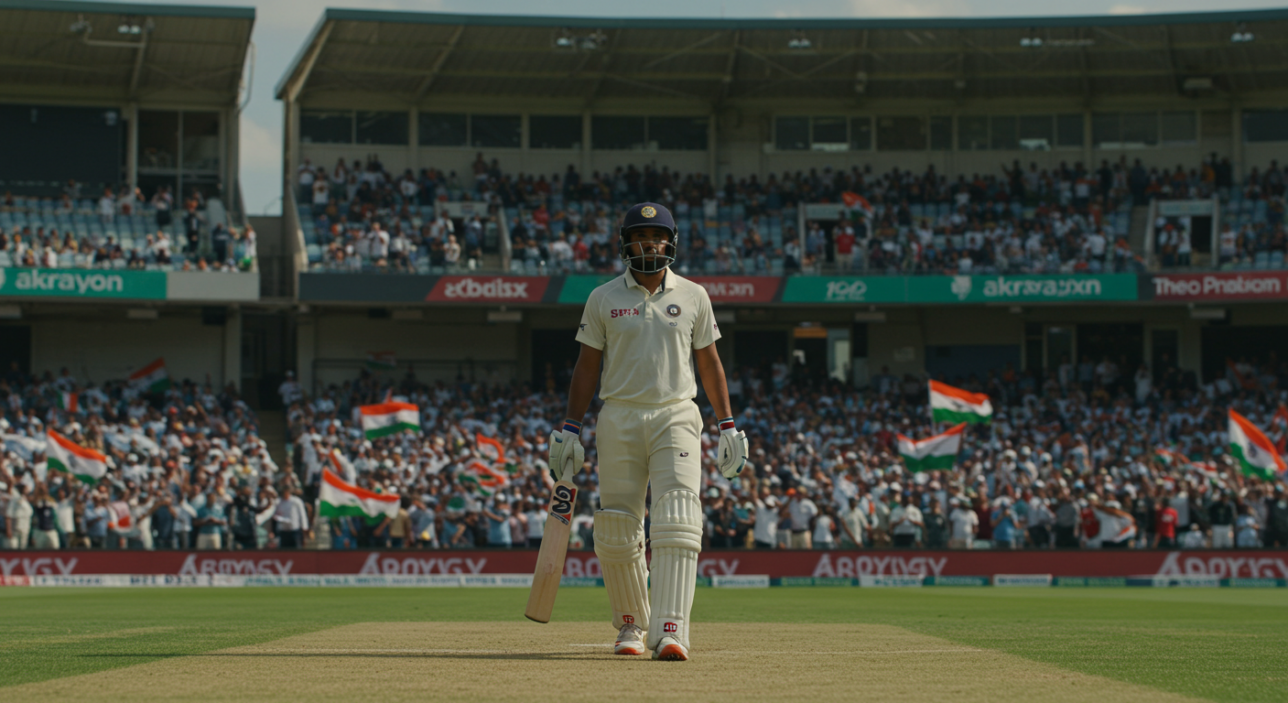
It’s already begun. The murmurs. The “future India captain” labels. The grooming narratives. And they make sense — Gill is articulate, observant, tactically aware, and composed beyond his age.
But here’s the tension: he isn’t just being groomed to lead a team. He’s being held up as a generational icon. The next Tendulkar. The bridge between Virat and what comes next. The comparisons aren’t casual anymore — they’re structural. Branding. Endorsements. Expectations baked into his very presence at the crease.
And it shows, sometimes. Not in how he plays, but in how he’s spoken about. Every innings is seen through a lens of legacy. Every low score becomes a red flag. Every century is a prophecy fulfilled.
Gill doesn’t comment on it. He rarely reacts. But the weight is real. The challenge isn’t just to perform — it’s to stay grounded while the cricketing world insists on building him up into something larger than a player.
He has time. He has talent. But perhaps what he needs most — and what he’s trying hardest to protect — is space. Space to grow without being moulded. To lead, if and when he’s ready. Not because he’s the next anyone. But because he’s finally, fully himself.
Stillness as a Statement
In an era where cricketers are expected to be larger than the game — louder, brasher, hungrier — Shubman Gill plays like someone who still believes the bat should do the talking.
There’s no theatrics in his celebrations. No viral send-offs. Just balance. Control. The knowledge that timing a ball past cover speaks more than any emoji-laced caption ever could.
This stillness, though, isn’t passivity. It’s defiance. In a format — and a world — that demands instant impact, Gill takes his time. His innings are a kind of rebellion: against impatience, against overbranding, against the idea that grace can’t be effective.
It’s not an easy position to hold. Flash sells. Speed trends. But Shubman Gill is betting on something slower, something deeper — a style of cricket that builds, that breathes, that stays.
And in that, he might just be shaping the future by refusing to sprint towards it.
Not the Next Anyone — the First Gill

The comparisons won’t stop. They never do. But here’s the thing: Shubman Gill isn’t the next Kohli. He’s not the new Tendulkar. And he’s not a facsimile of Babar.
He’s something else. Something quieter.
He’s the kid who grew up in Punjab, shadow-batted on rooftops, and turned elegance into efficiency. He’s the opener who doesn’t panic. The fielder who doesn’t flinch. The batter who makes 90 look like 40 and 40 feel like a statement.
His legacy won’t come in headlines. It’ll come in sequences. A glide past point. A still head at 145kph. A run chase where he does just enough.
And eventually, if he’s allowed to grow without being constantly rewritten, he might not just carry Indian cricket forward — he might redefine what carrying it looks like.
Conclusion: The Long Game of Shubman Gill
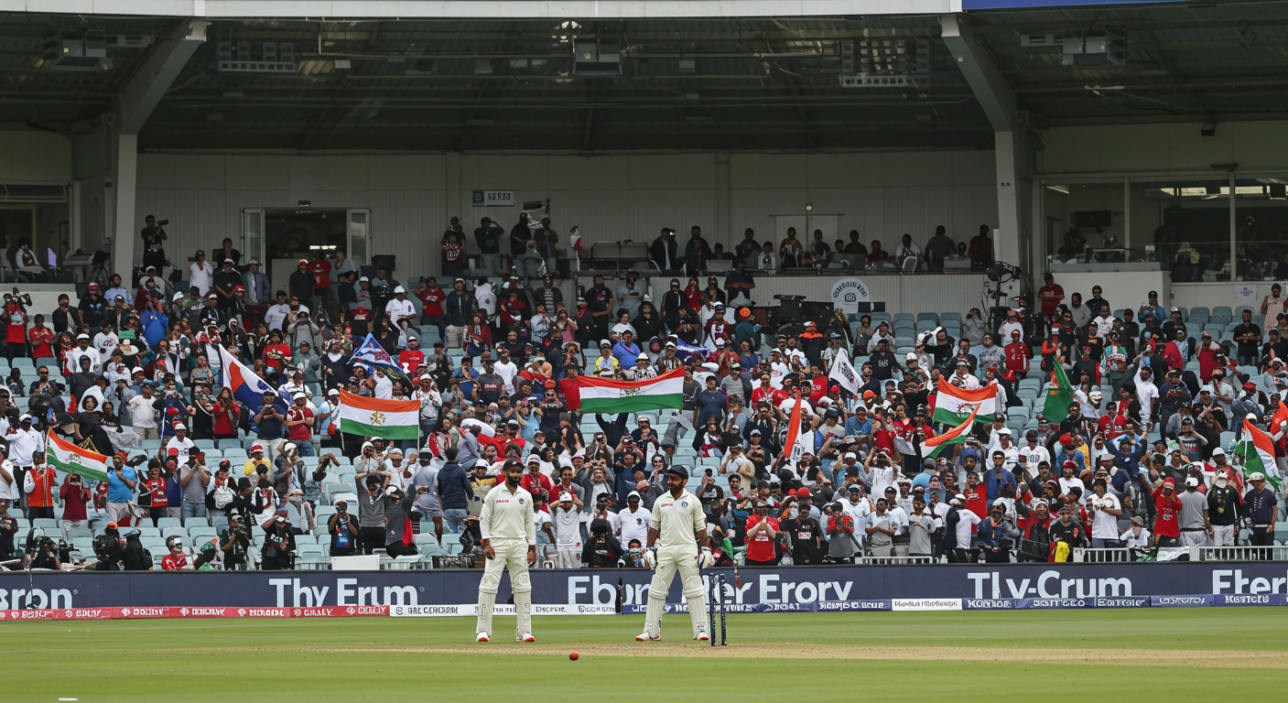
Shubman Gill’s elegance isn’t an aesthetic choice — it’s an identity. He plays with a rhythm that isn’t imposed by format, opponent, or expectation. His game isn’t built for flash-in-the-pan glory. It’s built for longevity, clarity, and silence in a sport that often screams.
That’s his rebellion. Not smashing the fastest fifty or celebrating like a rockstar — but batting in a way that reminds people cricket is still an art.
He hasn’t conquered all formats yet. He hasn’t won a World Cup. But he’s 24. And already, he’s forced the world to lean in and watch — not because he demands attention, but because he earns it, quietly.
Shubman Gill doesn’t want to be the face of a generation. He just wants to be present when the game needs him — with poise, with steel, and with the kind of elegance that lingers far longer than noise.
Supremacy isn’t always loud. Sometimes, it whispers through the gap at cover.





